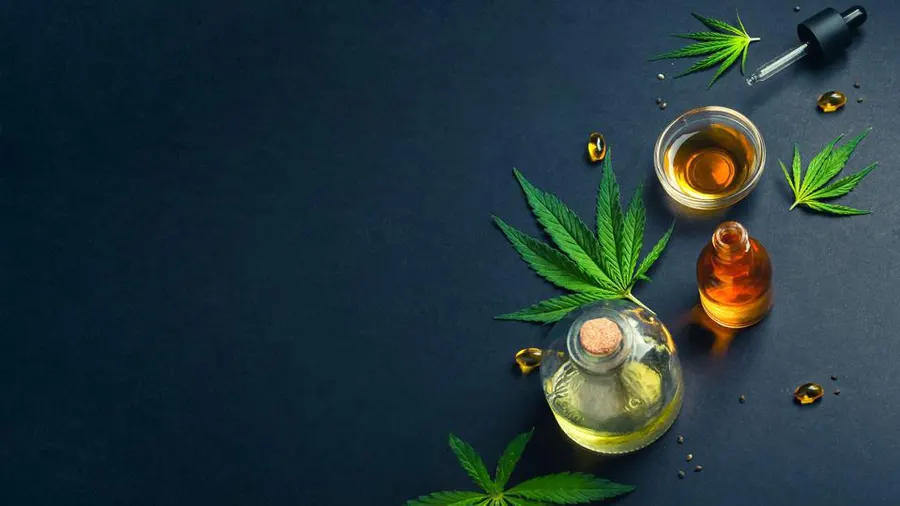CBD oil has recently gained popularity for its potential benefits in addressing various health concerns, including hair loss. While research is still ongoing, there are several mechanisms through which CBD oil may exert its effects on hair health. One significant factor contributing to hair loss is inflammation, particularly in conditions like alopecia. CBD, or cannabidiol, possesses anti-inflammatory properties that can help mitigate inflammation in the scalp. Inflammation can disrupt hair follicle function, leading to hair thinning and loss. By reducing inflammation, CBD oil may create a more conducive environment for hair growth. Furthermore, CBD interacts with the endocannabinoid system ECS, a complex network of receptors found throughout the body, including the skin and scalp. The ECS plays a crucial role in regulating various physiological processes, including hair growth. CBD interacts with ECS receptors, such as CB1 and CB2 receptors, to help maintain homeostasis and promote overall wellness. By modulating ECS activity, CBD oil may support a healthier environment for hair follicles, potentially promoting hair growth and reducing hair loss.

In addition to its anti-inflammatory properties and interaction with the ECS, CBD oil is rich in essential fatty acids, such as omega-3 and omega-6 fatty acids. These fatty acids are crucial for maintaining healthy hair and scalp. They help nourish the scalp, improve circulation, and strengthen hair follicles, which can contribute to reduced hair loss and improved hair growth. CBD oil’s fatty acid content makes it a valuable addition to hair care routines, providing moisture and nourishment to the scalp and hair strands. Moreover, CBD oil contains vitamins, minerals, and antioxidants that support overall scalp health and hair growth. Vitamins such as A, C, and E, along with minerals like zinc and iron, are essential for maintaining healthy hair follicles and promoting hair growth. Antioxidants help protect the scalp and hair follicles from oxidative stress caused by free radicals, which can contribute to hair damage and loss. By providing these essential nutrients and antioxidants, CBD oil can help optimize scalp health and support healthy hair growth. Furthermore, stress is a significant contributor to hair loss, as it can disrupt the hair growth cycle and lead to shedding. CBD oil has been shown to have anxiolytic, or anxiety-reducing, effects, which can help alleviate stress and promote relaxation.
By reducing stress levels, CBD oil may indirectly support hair health and mitigate hair loss associated with stress-related factors. While CBD oil shows promise in addressing hair loss concerns, it is essential to note that individual responses may vary, and more research is needed to fully understand its efficacy and mechanisms of action. Additionally, top rated cbd oil should be used as part of a comprehensive approach to hair care, including a healthy diet, proper hair hygiene, and addressing any underlying medical conditions contributing to hair loss. In conclusion, CBD oil offers several potential benefits for addressing hair loss concerns. Its anti-inflammatory properties, interaction with the ECS, fatty acid content, nutrient profile, and stress-relieving effects collectively contribute to its effectiveness in promoting scalp health and supporting hair growth. Incorporating CBD oil into a holistic hair care routine may help individuals struggling with hair loss achieve healthier, fuller-looking hair?

